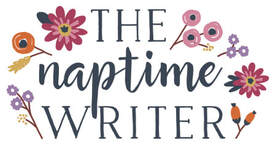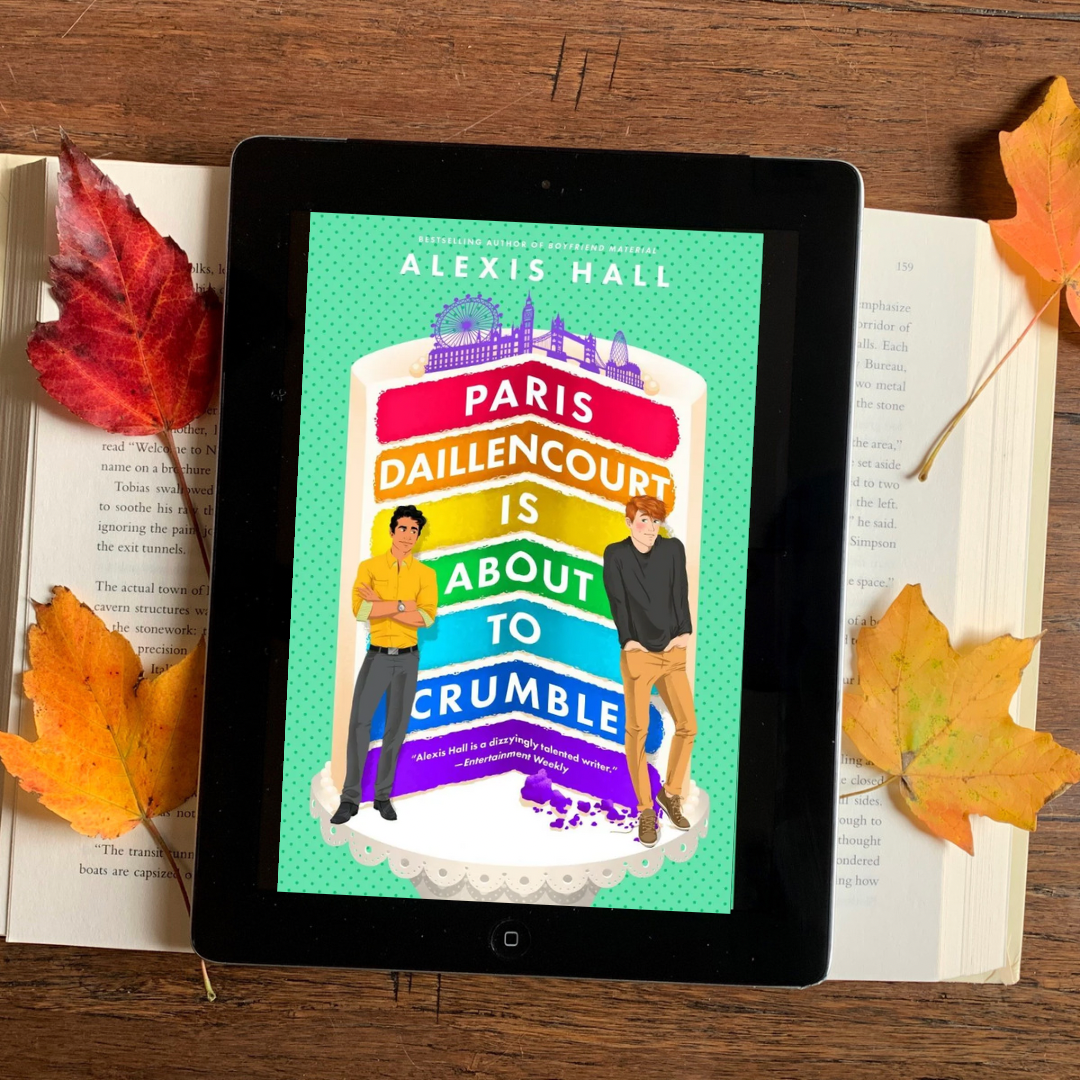Thanks to the publisher and Netgalley for the complimentary ARC. All opinions provided are my own.With Alexis Hall’s Paris Daillencourt’s About to Crumble we’re back with the mayhem and fun of Bake Expectations, this time with aforementioned Paris, a very anxious, gorgeous, & talented person who was signed up for the show by his roommate. Popping with moments of humor, like the opening absurd & very naked scene & basically every moment with show host, Grace Forsyth, this book can be a lot of fun. But much of the book is heavy as well, with Paris often being very self-critical & often self-loathing, unable to see any potential in himself or a rationale for why someone might want to spend time with him. While part of me appreciates this very thorough consideration of generalized anxiety disorder, as other reviewers have noted it isn’t always easy to read. Partially because of this it’s a big relief when Paris eventually does seek outside help, & then there’s a real hopefulness to the story I enjoyed. I wouldn’t really call this a romance & I think the pub has been open about that. But there is the potential for a possibly long-term, honest romantic relationship there—even if it feels bogged down for much of the book with all of the “talks” Paris & Tariq have to have. I liked this one but it didn’t make my heart go pitter patter. 3.5 ⭐️. Out 11/01.Please consult a trusted reviewer's list of CWs.
0 Comments
When I was growing up, I heard the word “crybaby” tossed in my direction on more than one occasion. At least, I think I heard it. It was difficult to hear over the sound of my own sobs.
Other variations of “cry baby” have included phrases like: “too sensitive.” “Drama Queen.” “Over-Exaggerator.” “A weakling.” “A snowflake.” To be sure, there were definitely times during my childhood and adolescence when my emotional outbursts warranted some kind of tough love. It’s one thing to get upset if someone compares your physical appearance to a Rottweiler (no names here); it’s another to lock yourself in your dad’s bedroom and cry stormy tears after he posited that John Travolta is gay. (What can I say? I’ve always been a huge fan of Grease.) Even today, there are times when I can’t handle criticism like I should, or when I unexpectedly get upset and witnesses watch me warily. Not to mention the more mundane events, like having a hard time taking the scrutiny of others when I’m late or have to speak in a new class. Or sometimes fighting the urge to panic if I can’t find the person that I walked into the grocery store with. Or getting upset over prolonged trash talk during a game of cards. The fact is, I’m sensitive. I have a hard time handling criticism. My feelings get hurt easily. I sometimes cry when I’m sad, and I often cry when I’m angry. For so long, I’ve been embarrassed about being sensitive. If I’m being honest, I think that part of me has been ashamed. I’ve seen it as a weakness, a character flaw that suggests that I’m not as strong as others. I’ve judged myself by imagining how others are judging me. I didn’t even realize it until recently. Some comments were made to me that upset me, and I was telling my husband Daniel about them. That’s when I said something like, “And I’m probably being too sensitive,” and went off on a tangent about how my being sensitive might possibly negate how I was feeling or affect how I had misinterpreted the comments. That’s when my husband said: “Being sensitive isn’t a bad thing.” It was a huge moment for me. Over the years, I’ve spent some time considering how witnesses to my “sensitive” responses were judging me, assuming, of course, that they were. I didn’t spend any time at all considering that being sensitive might not be a bad thing. It could just be a “thing.” Or, wonder of wonders, it might be a good thing. I have friends who are sensitive, and I don’t judge them for getting their feelings hurt on occasion or for crying when the mood strikes. So why do I judge myself? A more important question is: how can I reconceptualize my own sensitivity? Because, all things considered, I think that I’m far more judgmental of it than others are. I could say that being sensitive makes me more empathetic. That it means that even when I’m a jerk (which still happens, Miss Sensitive or not), I apologize ardently and sincerely, because I hate the thought of hurting others. I could say that diversity of all kinds—including emotional—is powerful and beautiful, and that there are strengths and weaknesses found in us all. I could say that I think it makes me a better writer and reader, because I spend so much time ruminating over what others have said and what I might have said to them and what I might say to them in the future, should the occasion arise. I could say that sometimes, people are mean, and an authentic response is to have my feelings hurt. When that happens, there’s absolutely no shame in acknowledging that I can be hurt, that I expect an apology, and that I’m upset if I don’t receive one. Yeah, I’m going to try to avoid getting worked up over the little things that aren’t worth the time of day. Let’s be real, sometimes my sensitivity does not discriminate; it doesn’t always separate the wheat from the chaff. But I’m also going to remind myself that sensitivity does not equal weakness. I can accept that part of myself—and maybe even be proud of it—tears and sulks and all. ***Never Trust a Pirate Giveaway results*** Congrats to Tonni Coladilla, who would choose to live in the 70s, and who won a mass market paperback edition of Valerie Bowman's Never Trust a Pirate. Yay!  You’re about to learn a lot about me in this post. For so many years, I described myself as a “worrier.” I would often say that I had “an overly guilty conscience,” and then I would laugh a self-deprecating laugh and invite other people to laugh with me. There was this story I loved to tell about how when I was in kindergarten, my mom came to my room to say that she had thrown my Double Bubble Gum away. I was so upset that I thought damnit, and then I was so upset over just thinking the word that I couldn’t get over it. I had thought a bad word. Why had I done that? What did that mean about me? It burrowed under my skin and I couldn’t let it go. It was such a big deal to me that my parents made me visit the wonderful Mrs. Curry, guidance counselor at Heritage Elementary, who assured me that there was nothing wrong with what I had done. On another occasion, also around that time period, I walked by myself down our lane with my middle finger sticking out—pointing toward the gravel road—and I felt like I had to go to my parents in the middle of the night to tell them what I had done. On another, one of my family members promised me $5.00 if I didn’t tell my parents that they had driven to a drive-thru liquor store with me in the car, and I said I wouldn’t but immediately told my mom as soon as I saw her. I don’t think that I thought I was being a tattle-tale so much as I felt like I had to tell my parents because something bad had happened. I could go on. I hated being late and having everyone stare at me. I hated it when people were mad at me; I wanted them to like me again right away. I hated it when I felt like I had disappointed my parents. I nearly always wanted my feelings to be validated. Maybe all of these things seem normal to you, and perhaps on their own they were. But my problem was that I ruminated over these incidents. I wanted to analyze them over and over again, to dissect them, to examine my motivations and what those particular thoughts (or sometimes actions) meant about me as a person. After I started going to see a therapist about a year and a half ago, I stopped using words like “overly guilty conscience” to describe this side of my personality. Thanks to my therapist, I started using the word “obsessive.” Most people are probably familiar with the diagnosis of OCD (Obsessive-Compulsive Disorder). Sometimes we even use it as a joke. As in: “Look at how I have to have all of my canned good labels facing a certain way. I’m so OCD!” (I’m definitely including myself in this camp, fyi. I’ve made so many jokes about mental illnesses over the years and/or used diagnoses lightly). In my postpartum life I have had some compulsive tendencies (including occasionally saying prayers when I was particularly worried about something and/or excessively washing my hands because I was scared about contamination and/or germs), but most of my problems have been in the obsessive category. Guys and gals, it’s a great irony of my life that over-analyzing things is what makes me OBSESSIVE (in terms of my diagnosis) and also a great ENGLISH LITERATURE STUDENT. “Professor, of course I would love to pick apart every single word in this famous author’s paragraph. I could do close readings for days!” But it turns out that being obsessive is not very fun in the real world, particularly if you are obsessive about one of the most important things that many people feel they will ever do: raising a child. Everything about the way that I feel about my son Sam is big. Big love. Big happiness. Big adoration. Big Laughs. Big Hugs. Sometimes—actually, a lot of the time, pre-medication,--big stress. Big frustration. Big anger. Big resentment, specifically in those sleep deprived days when I felt like I couldn’t even think straight because of how exhausted I was. I can only speak with certainty about my own feelings—and sometimes I am even confused about those haha—but one of the biggest problems for me has been my guilt about why I have postpartum anxiety and depression. Why I get so stressed. Why I have mean thoughts sometimes. Why I can’t be like other moms, especially the ones that I like to call Baby Whisperers. At one of my baby showers, a mom passed on this bit of advice to me: “Enjoy those night-time feedings.” I remembered that piece of the advice when I was feeding Sam through an intense tube configuration that we had devised (Sam couldn’t latch and wasn’t ready to take a bottle) in the middle of the night, and I thought, WTF?! I should say that I am very jelly of Baby Whisperers—of your bountiful patience and calm. Your grace. Your ability to look as if you aren’t stressed by anything and everything when you are in a different environment. I know that it’s not so simple as that. I know that you have bad moments and bad days too. But I am the mom who always looks stressed the hell out when I’m in any kind of different environment, or when I’m thrown for any kind of loop. It turns out that there’s A LOT that you can worry and/or obsess about when you have a child. And when you’re obsessive, you often catastrophize. Some people might see poop on a changing table and think, I’m going to clean that off with a wipe. No biggie. But a lot of times something like that is more stressful for me. There have been times when I see a brown speck on a changing table—which might be poop or might be something completely different—I think, it’s poop, and then, what if he gets E.coli. Now imagine thinking like this in regards to everything that you could worry about when you are a parent. It sounds fun, right? Imagine trying to explain this to another person, too. Obsessive thinking is such a cluster*. I know that what I’m thinking isn’t rational, but it feels rational to me. There have been times when I’ve tried to explain my fear to my husband and he literally can’t understand what I'm worrying about or why I’m worrying about it because it’s such a cognitive leap for him. And it's tough to share these feelings too because I'm so defensive about my love of motherhood. I don't want anyone to think that having postpartum anxiety or depression means that I don't love my son. My son is the best thing to happen to us. He is my biggest achievement. A miraculous being that we brought into the world. Admitting my feelings often felt (and to some degree, still does) like in some way I was saying that motherhood wasn't amazing, or that my son wasn't amazing. Before I got on medication much of my day was tied up in an endless string of worries about things that could possibly happen or things that had happened hours before, or even days before. It was exhausting and draining, and I felt like a horrible mom and a horrible wife. I say this not to get sympathy (and also not to get judged ;) ) but to tell you what it’s like to be an obsessive person with postpartum anxiety and depression. I still loved being a mom and I still loved my son very much, but there were many, many days when I felt despair, despite the fact that I was still getting out of bed every morning and being relatively cheerful. And the fact is that my postpartum anxiety and depression were very unpredictable. I might have been feeling very “down” for a couple of hours, but then something small would happen and I’d be buoyant and happy again, perplexed as to why and how I could have felt so bad only hours before. This was a big part of the reason why I waited until my son was sixteen months old before I started medication. There were some “bad days,” but there were good ones too, and I hated the thought of being someone who was on medication. I’ve had friends who have been on medication before, but it always seemed scary to me. My extended family has a history of substance abuse, and I think that some of us were suspicious of anything that could possibly become addictive or be misused. Besides that, some of my family members had expressed their contempt and disapproval of therapy twelve years ago when my dad died, and I was nervous about what they would say if they knew that motherhood had turned me into someone I didn’t feel like I knew most days. That was the worst part for me. Motherhood is already supposed to be something that completely upends and changes your life. Imagine—or perhaps you know for yourself—how very scary, upsetting, and disturbing it can be when you don’t recognize your mental self any more, either. I missed the old me. The one who could do things casually. Who didn’t have to weigh every single parental decision like it was the biggest decision in the world. Therapy was such a great decision to make for myself. I worried about going (haha—are you surprised?), but the therapist was very understanding and she helped me understand my thinking patterns better. I have vocabulary to use now. I catastrophize. I generalize. I should avoid “what if” questions, because that’s my obsessiveness talking. My obsessiveness is quite the Chatty Cathy. And for me, medication was also a really great decision. This was a decision that I didn’t make lightly, but it has helped me avoid excessive rumination and it has lessened my anxiety. I worried so much about what some of my family members would think about me being in therapy and taking medication that I waited until Christmas 2016 to tell them (over a year after I started therapy). But to my surprise, the people that I worried about the most were among the most supportive. I am much happier now, and I feel much more stable. I can concentrate more on spending time with my son, and focus less on the things that happened in the past and/or are outside of my control. I feel like I’m a better mom and a better wife because I took care of myself. I’m still trying to figure out the right balance between being a helicopter mom and being too lax—it’s tough if you have anxiety about being both ;). But I’m getting a lot better. And I figure that I’m always going to be more of a high-strung mom, someone who doesn’t quite look blissful and at ease all the time, because medication aside, I don’t seem to be wired that way. But I’m starting to be more accepting of myself. I’ll write more posts about postpartum anxiety and depression in the future; not because it’s fun, but because I think it’s necessary. We’re all aware of the stigmas surrounding mental health, but I don’t think that we talk a lot about postpartum conditions and they’re more common than a lot of us think. When my problems felt particularly difficult, I found little information online to help me and I didn’t have any friends who had experienced what I was going through (that I knew of). From what I know, motherhood is a big, wonderful, messy experience, and it is even more difficult if you’re dealing with a chemical imbalance that affects how you feel about your own parenting. I’m obviously not a medical professional, but if you think that there’s a chance that you might have postpartum anxiety or depression, try doing a little research into it. You might start here. If you have someone in your life that you can talk to, talk to them. I woke my husband up on one of his days off work to tell him my worries and fears, and he ended up soothing me and comforting me greatly. I promised him for better or worse, in sickness and in health, but I never foresaw that I would have this particular kind of sickness. Still, this experience has shown me even more than before that he is an amazing partner and friend. And finally, consider finding a therapist. As much as I appreciated having my husband to confide in, I knew that I didn’t need to make him my therapist. It can be really, really tough to think about confiding so much of your scraped, raw insides to a complete stranger, but it has been one of the most rewarding experiences of my life. I repeat, I’m not a medical professional, but I’m also here if you need some encouragement. It can be tough being a mom, as you know. But you’re doing a really great job. |
About me.Give me that HEA, please.
Join my mailing list.Want to receive a weekly email with links to my latest blog posts? Sign up below!
Archives
April 2024
Categories
All
|



 RSS Feed
RSS Feed
